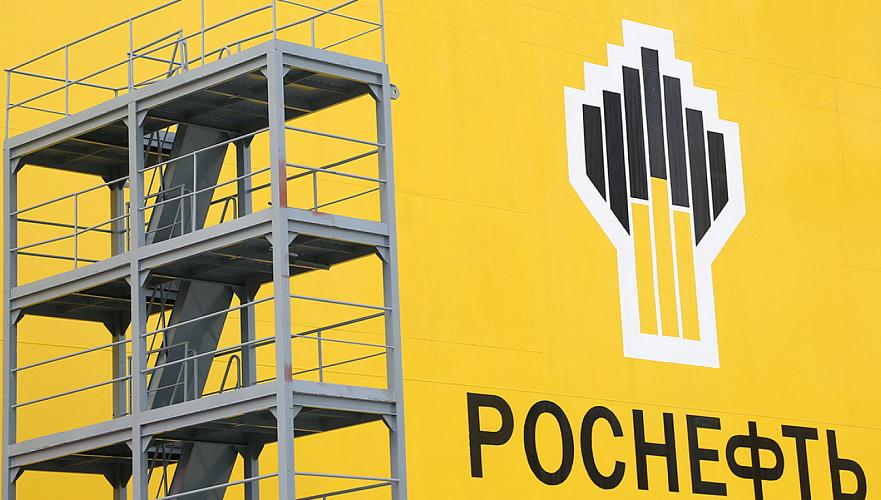The U.S. sanctions threaten Venezuela’s ability to export oil but pose only a limited risk to Rosneft’s broader business.
Below are details of the decision’s likely impact.
U.S. sanctions will make it more difficult for Venezuela to export oil, particularly to countries such as China and India, where Rosneft part owns an oil refiner, Nayara Energy.
Benchmark Brent oil prices rose for a seventh consecutive day on Wednesday, partly due to the U.S. move to cut more Venezuelan crude from the market.
Swiss-based Rosneft Trading S.A., the focus of the sanctions, was created in 2011 to facilitate trades on behalf of the parent company. Rosneft supplied Rosneft Trading S.A. with an average of 3.7 million tonnes of crude and refined products per month in January-November 2019, equivalent to about 20% of Rosneft’s total exports, data from customs’ brokers showed.
For sales to Asia, Rosneft has had another trading arm - in Singapore - since 2019.
Rosneft Trading has been mainly focused on supplying Rosneft’s refineries in Germany recently, trade sources told Reuters. Rosneft is the third biggest player in the German oil refining market.
The unit supplies crude oil to refineries from Rosneft as well as from other - mainly European - firms, they said, adding that Rosneft Trading is one of the sellers of Rosneft’s CPC Blend and Sokol grades.
Rosneft Trading also acts as a counterparty on behalf of Rosneft in some global deals and plays a role in an informal oil trading alliance Rosneft has with Swiss commodities giant Trafigura, traders said. It is unclear what impact the sanctions will have on that alliance.
Rosneft Trading has been assisting Rosneft with foreign projects and supplies of crude to Rosneft’s refineries in Europe since 2011.
Washington blacklisted it on Tuesday saying that Rosneft’s unit had propped up the Venezuelan oil sector while engaging in “tricks” and ship-to-ship transfers to evade American sanctions.
It gave U.S. counterparties 90 days to wind down their business with the unit and suggested “non-U.S. persons” unable to wind down dealings by May 20 “seek guidance from OFAC (U.S. Office of Foreign Assets Control).”
Rosneft said it considered the sanctions as arbitrary and that it was trading oil with Venezuela to recover previous investments, made long before Washington imposed sanctions on the country.
Rosneft switched its contracts to euros from U.S. dollars last year, and the sanctions are unlikely to affect Rosneft’s financials significantly.
Rosneft declined to comment.
The unit’s business accounts for less than 1% of Rosneft’s core earnings known as EBITDA, said analysts at BCS Global Markets. Rosneft posted 45% growth in fourth quarter net profit on Wednesday and 20% growth in 2019 crude oil sales.
Rosneft extended a $1.5 billion loan to PDVSA in late 2016, collateralized with 49.9% of shares in PDVSA’s U.S. subsidiary Citgo. The Russian company has denied interest in running or owning the refining firm.
Rosneft told analysts on Wednesday that Venezuela was paying its debt to Rosneft on schedule. It did not provide further details. As of the end of September, PDVSA had cut its outstanding debt to Rosneft to $800 million.
Didier Casimiro, president and board chairman of Rosneft Trading S.A., was also sanctioned on Tuesday. He is also Rosneft’s vice president for refining, petrochemicals, commerce and logistics.
Photo source: picture from an open source
